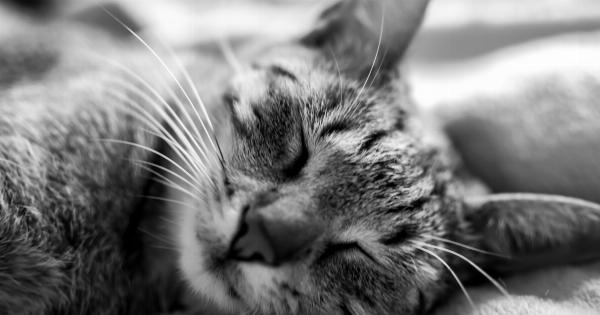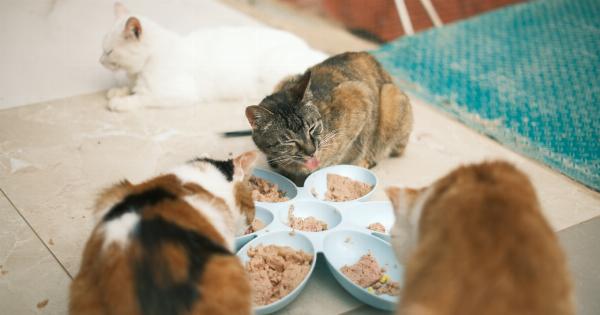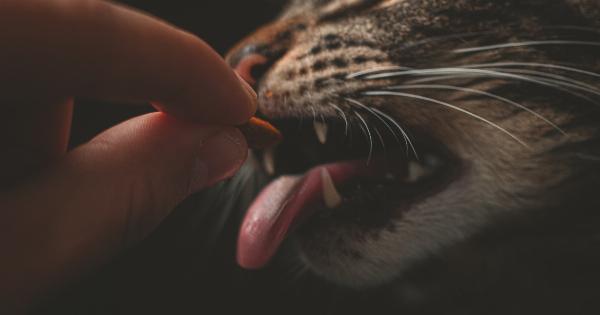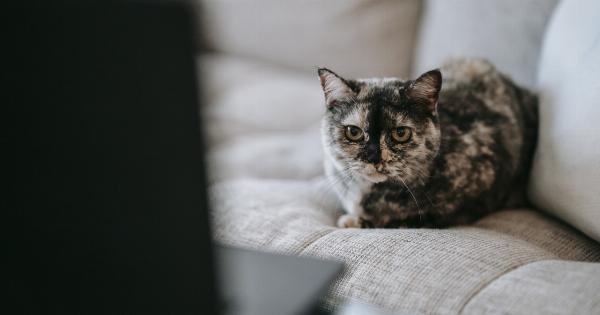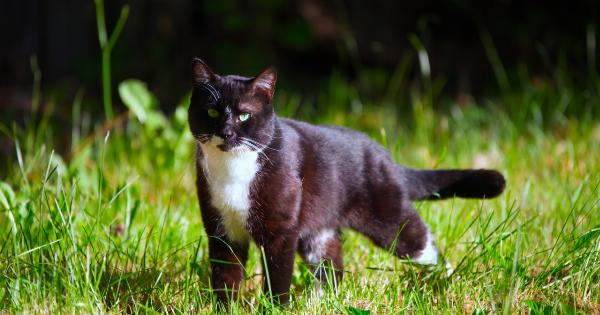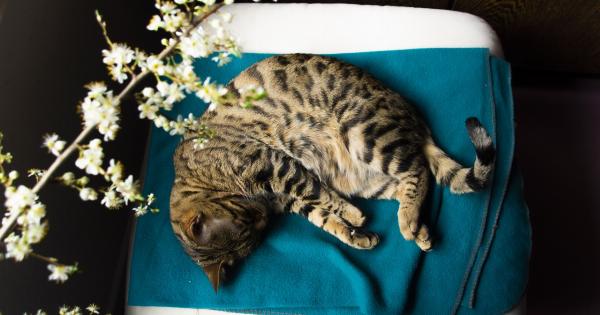As a cat owner, you love your feline friend and want nothing but the best for them. A healthy and lustrous coat is an indication of good health in your cat and it is important that you take care of their fur to keep it healthy.
In this article, we’ll discuss some tips on how to keep your cat’s hair healthy and shiny so that your furry friend can look their best.
Tip 1: Regular Grooming
Grooming your cat regularly is essential in keeping their hair healthy. Depending on your cat’s fur type and length, you may need to groom them daily or a few times a week.
Brushing your cat’s hair removes any tangles or mats that may have formed. It also helps to distribute the natural oils throughout your cat’s coat, leaving it looking healthy, shiny, and soft.
Remember to use a brush that’s suitable for your cat’s coat. Short-haired cats need a firm-bristled brush while long-haired cats require a slicker brush to avoid matting or tangling their hair.
If you’re not sure which brush is best for your cat, your vet can give you some advice on the best grooming tools to use.
Tip 2: Regular Bathing
Bathing your cat regularly helps to keep their hair and skin clean. However, not all cats like water, and a bath may not always be necessary. If your cat has short hair, they usually don’t require frequent bathing as their coat is easier to clean.
Long-haired cats may need a bath every few months, but it’s better to consult your vet on how often to wash your cat.
If your cat is not fond of water, you can use a towel or dry shampoo to clean their coat instead. Make sure that the shampoo you’re using is cat-friendly and won’t harm your pet’s skin and hair.
Avoid human shampoos and products as they can dry out your cat’s skin and strip their coat of natural oils.
Tip 3: Provide a Nutritious Diet
Cats require a balanced diet that contains all the necessary nutrients for healthy skin and fur. A diet that lacks essential vitamins and minerals can lead to poor coat quality and skin problems.
Feeding your cat high-quality food that is rich in protein and omega-3 fatty acids can help improve the shine and texture of their fur. Make sure to choose cat food that is specifically formulated for your cat’s life stage, size, and breed to ensure they get the necessary nutrients they need.
Tip 4: Hydration is Key
Water is essential for healthy skin and fur. Make sure that your cat has access to fresh water daily. Proper hydration helps to keep your cat’s coat soft and shiny.
Lack of water can cause dry skin, which can result in excessive dandruff and a dull coat. So always ensure your cat has enough water available.
Tip 5: Keep your Cat’s Environment Clean
Cleanliness is essential in maintaining your cat’s overall health and coat quality. A dirty environment can lead to skin problems, which can damage your cat’s hair.
Regularly cleaning your cat’s litter box, bedding, and toys can help prevent skin issues and keep your cat’s environment clean and healthy.
Tip 6: Regular Visits to the Vet
Regular visits to the vet are important to ensure that your cat’s health and well-being are taken care of. Your vet can monitor your cat’s health and detect any potential health problems early.
Skin and coat problems can be signs of underlying health issues, so it’s essential to have your vet check your cat’s coat during their routine exams.
Tip 7: Regular Exercise
Regular exercise is vital for your cat’s overall health and well-being. A healthy cat is more likely to have a healthy coat. Exercise helps to stimulate your cat’s blood circulation and improve their metabolism.
This, in turn, helps to maintain healthy skin and fur.
Tip 8: Regular Flea Treatment
Fleas are a common problem in cats and can cause hair loss, itching, and skin infections. Regular flea treatment will help prevent these issues and keep your cat’s coat healthy.
Your vet can recommend suitable flea treatments and medications that are safe and effective for your cat.
Tip 9: Avoid Stressful Situations
Stress can cause hair loss and skin problems in cats. Avoid exposing your cat to stressful situations whenever possible. If there are changes in your cat’s environment or routine, make sure to introduce them gradually to avoid stress.
Tip 10: Keep Your Cat Safe from Harmful Chemicals
Cats are sensitive to chemicals, and exposure to harmful products can cause skin irritation and hair loss. Make sure to keep your cat away from harmful chemicals such as cleaning products, insecticides, and pesticides.
Always use pet-safe cleaning products and medications when treating your cat for flea infestations or other health issues.

